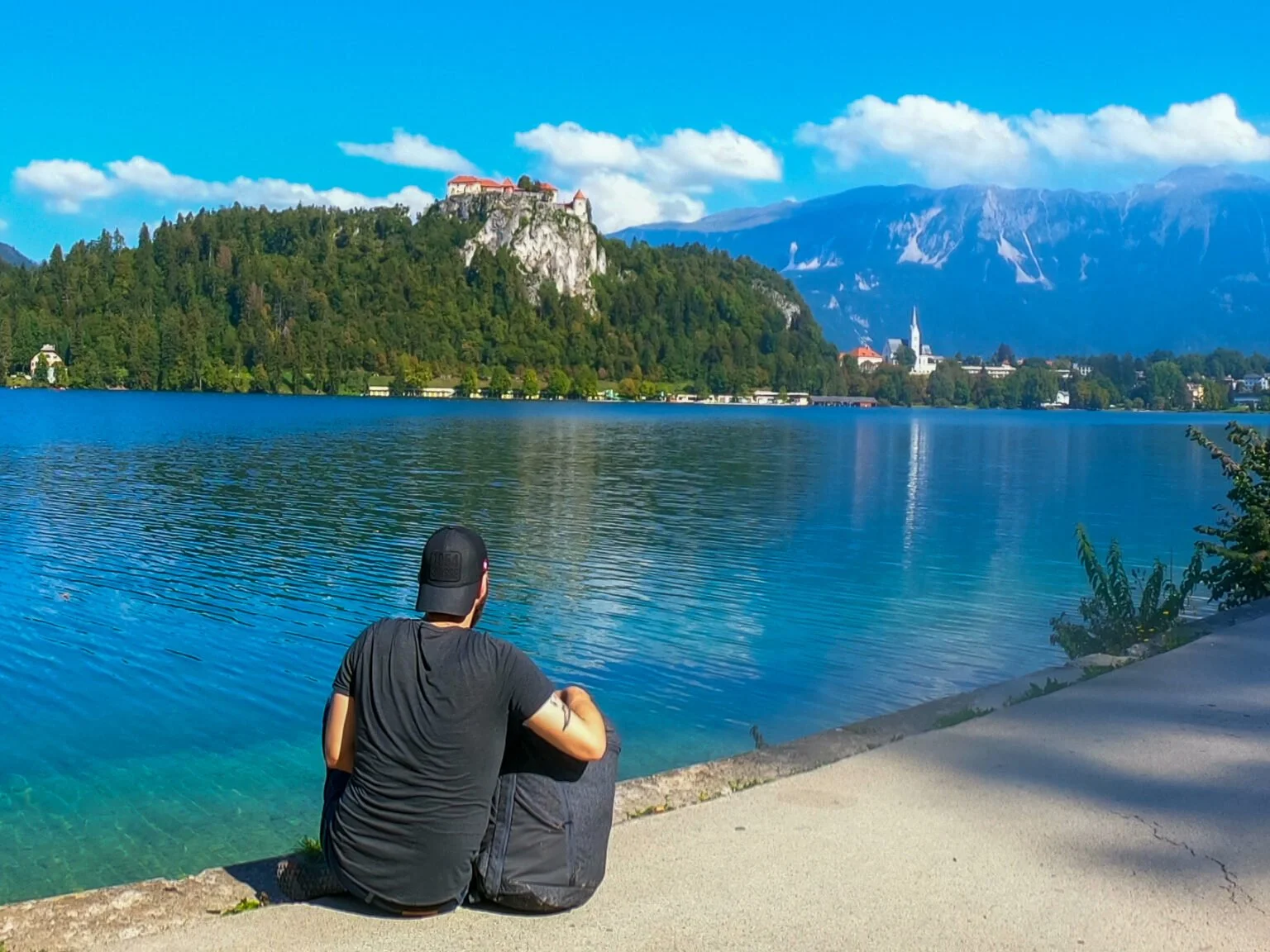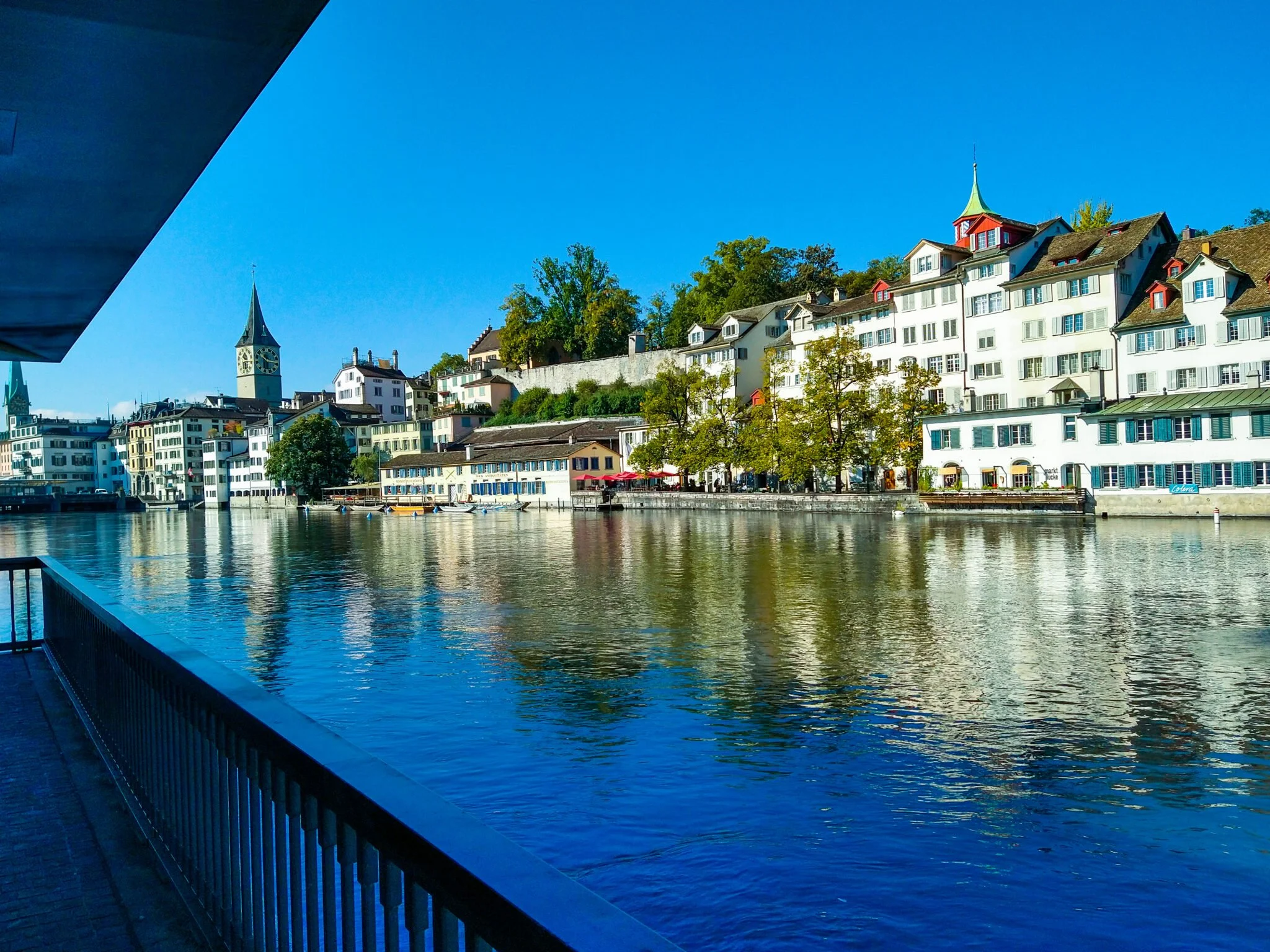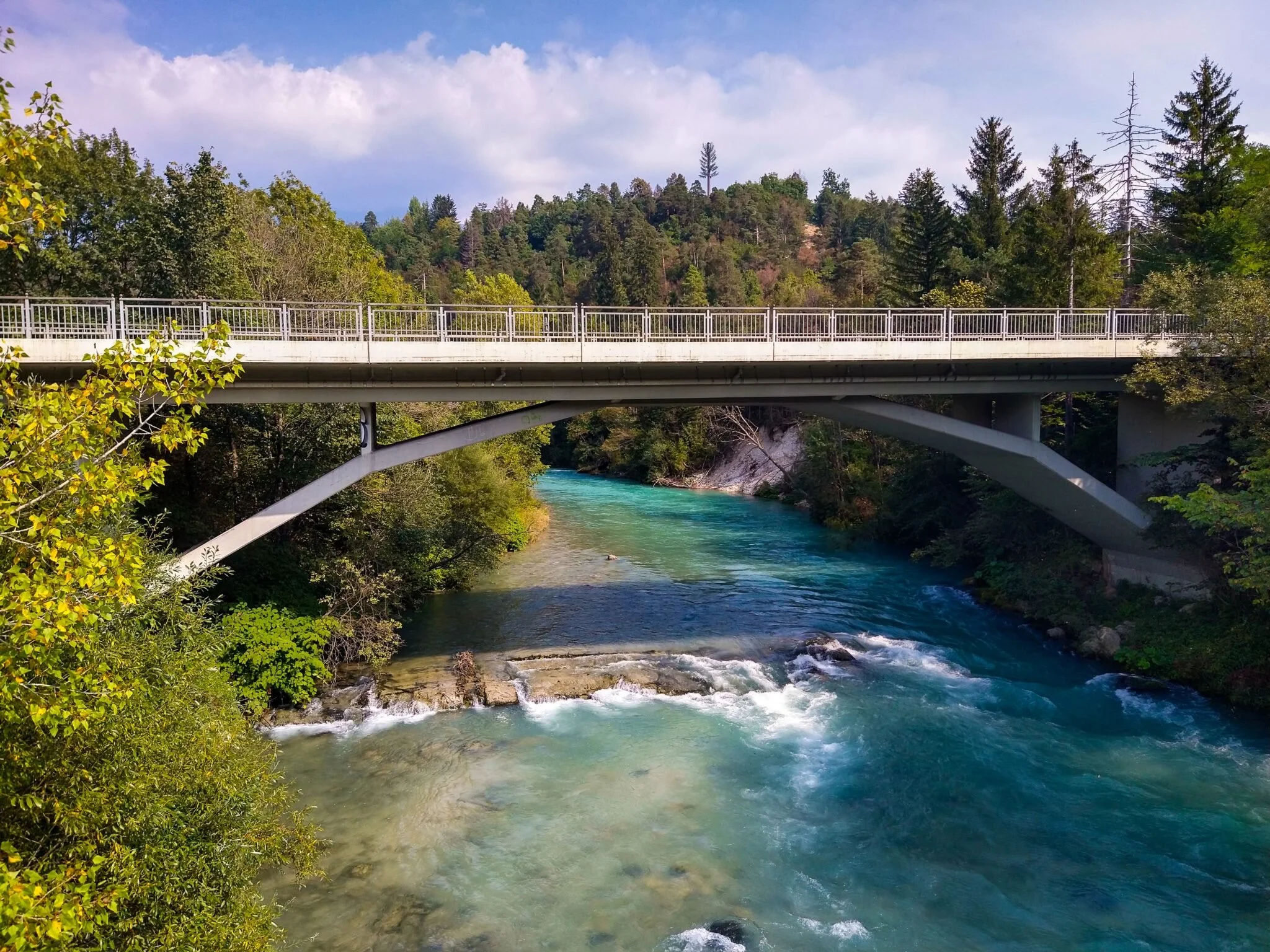5 LESSONS FROM TRAVELLING DURING A PANDEMIC
DISCLOSURE: Some of the links used in this article are affiliate links. That means that I earn a commission, at no extra cost to you, if you make a purchase via that link.
As the summer of 2020 came to an end and the winter months approached, I did something that most people didn’t think possible.
I travelled. During a pandemic.
In the midst of Coronavirus, I journeyed the length of Europe with an Interrail ticket.
In COVID times, was this ethical?
Yes, for many reasons:
Rates were at their lowest point.
I obeyed all the guidelines, for every country.
Time was spent in nature and away from crowds.
I tested negative shortly before leaving.
Travel is my job. I needed to work.
I was overly cautious with my handwashing and mask-wearing.
At the end of the trip, I self-isolated for 14 days.
With all that in mind, travelling by land was the safest option. The key was to minimise the number of stops and spend as little time on trains as possible.
There was no other point in the year to safely Interrail, and I had to get to Tallinn while it was still legal. On the way, there was a chance for true adventure.
The trip was one of the most enlightening of my life. There are many stories left to be told, although one already exists on Intrepid Times: a tale of tracking down the owner of an abandoned notepad.
This journey wasn’t for nothing. It provided lessons that have changed me for the better and will stick with me for years to come.
Here’s what I learned.
1) How Different Countries Respond to a Pandemic
The differences in regulations between countries were both stark and fascinating. Travelling by Eurostar from London to Paris, masks on trains were mandatory. No biggie but it was my first go on public transport for several months.
France
Alighting in Paris, I stepped into the stifling September heat. Removing my face mask felt both natural and necessary.
But then, looking around, 90% of people wore masks in the street. Clearly, mine should probably be on, too. Parisian regulations must be stricter than in England.
Switzerland
Zürich, Switzerland
From Paris, it was direct to Zürich. Given the sheer cost of everything, McDonald’s would do for dinner. Upon entering the restaurant, however, the staff told me to download the track and trace app.
This was a step further than the French, with a typically Swiss sense of structure. You walk in, you scan the QR code, you order, you eat, and you checkout on the app when you leave. If you come into contact with a positive case, you’re notified and asked to quarantine.
It’s simple, efficient, and effective. Switzerland was also incredibly clean. Maybe that’s a response to the pandemic or maybe that’s just Switzerland.
Poland
We need to talk about Poland, existing on the other end of the spectrum. Unsure of the regulations for all countries, I erred on the side of caution: mask-up whenever near others; keep two metres space; avoid crowds; and sanitise after touching almost anything.
In Poland, keeping clean felt like a monumental task. Few people wore a mask, whether on a train or in a supermarket. My biggest regret was staying in a hostel: no social distancing, no hand sanitiser, and less-than-clean, overcrowded dorms.
I picked up a cold in Poland; it was nothing that seemed remotely like Covid but enough to force self-isolation at the moment of crossing the border into Lithuania.
The takeaway is this: countries across Europe have responded very differently to the pandemic, whether due to government policy or public compliance levels.
Regardless, this is both the result of and the cause of Covid case numbers. The needs of countries vary but some take the pandemic seriously, others do not. And the latter situation isn’t good for anybody.
2) The Soul of a Country Exists in Nature
The Earth is sublime. I don’t care if it’s mountains, desert, ocean, swamp, or jungle – I’m there. However, this fact wasn’t fully appreciated before experiencing travel during a pandemic.
Cities felt crowded and unsafe. The vastness of the countryside was an endless opportunity, free from fear of the virus.
Slovenia, a hitherto unexplored corner of the continent, offered the most spectacular landscape on the entire rail journey.
Ljubljana is stunning and highly regarded by former Interraillers. Leave the capital, though – it needn’t be far – and you’re greeted with the vast expanse of the Julian Alps.
Arriving at Ljubljana station, I hiked two hours towards the suburbs. This was to return the aforementioned notebook but also a chance to explore beyond the tourist hotspots.
The feeling of walking away from civilisation towards something more unknown – if only to me – is an exciting mix of curiosity and tranquillity.
It’s wandering into the abyss; journeying into the void.
Between Bled and Vrba, Slovenia
From the capital, the path continued to Beautiful Bled. It’s another well-beaten road for an Interrailer, but the lakeside was still and sparsely populated. The receptionist at my lodge hotel remarked my British passport was a rare sight.
And that felt good.
From Bled, I journeyed several hours on foot to Vrba, the birthplace of Slovenia’s national Poet, France Prešeren. Wikipedia puts its population below 200. It offered a calming sense of remoteness and isolation that I really began to appreciate.
Had there been no virus, I likely would have stayed in the capital, hanging out with my hostel friends and the local bar staff.
3) A City is More than the Sum of its Bars
Not everyone goes to bars when they travel. But I do.
Outside of hostels, they’re the best places to meet interesting people. If you have a hostel bar that’s also frequented by locals, then you’re in business.
Shout out to Hostel Fish in Denver which has the perfect combination of Colorado folk and world travellers.
During my pandemic adventure, however, bars weren’t the same.
I went to a few but they were all sit-outside, table-service, socially-distanced, mask-wearing affairs. It wasn’t worth going there on my own and even with other people it felt unfriendly: distant.
That meant going to bed early and finding something else to do: climbing Uetliberg in Zürich for some incredible views; following the railway line to Vrba on foot; sneaking through a private golf course; and hiring an electric bike and cycling from Riga to the Baltic Sea.
It meant a whole range of adventures that Interrailers normally miss out on.
4) Pandemic Travel Needn’t Be Hectic
Travel during a pandemic is intentional, thoughtful, and flexible.
I timed my trip for when borders were re-opening, initially keen to explore Hungary. Then, as the journey began, Hungary closed.
The trip had to be taken day by day. It had to happen slowly. Not wishing to use public transport during a pandemic, the goal’s to make rail trips that are few and far between.
At one point, I jumped off the train in Poland at the wrong stop. Despite aiming for Wrocław, it dawned on me, as my train pulled away, that I was in some unpronounceable town with too many Zs.
Rybnik, however, was a city that could be reached on foot within a couple of hours. Rather than jump on the next train, I tightened my boot laces, clipped my backpack chest strap, and set off.
This is the kind of travel I love the most.
There’s no panic. It’s not hectic. It’s a go-where-the-wind-blows kind of adventure.
It’s turning up to an empty hostel late at night, checking in with a woman who doesn’t speak English, and worrying about your trip the next morning.
It’s a slow, take-life-as-it-comes approach. It’s being comfortable with not having plans but still making it to your final destination.
Interrail is great for flexibility anyway but, during a pandemic, this aspect of travel was enhanced. Travellers can be overly restless, desperate to move as much as possible.
Sometimes, it’s best to spend some extra time in one place, book your own private apartment, and enjoy the stability that comes with that.
5) Safe Travel During a Pandemic is Possible
Throughout the European rail journey, safety was my top concern. Although I’m in favour of shutting borders during a pandemic to stop the spread, it was right to open them for summer.
Case numbers were down and preventative measures were in place. If everyone wears masks, washes their hands, and keeps their distance, it becomes fairly safe to travel around.
Keep yourself to yourself, avoid crowds, and try to stay rural as much as possible.
Hostels have their benefits but this trip wasn’t the place. I only used them when confident they were implementing Covid-safety measures.
Poland let me down there, which I regret.
For the most part, I went private without over-spending. I stayed on a friend’s sofa in Zürich, an unused student dorm in Vienna, and got a private tent upgraded to a four-star hotel in Ljubljana.
In Lithuania, a self-isolation glamping pod did the trick for a mere £20 a night.
Writing this in January 2021, borders are shut again and rightly so. The cold weather is setting in, case numbers are soaring, and lockdowns are necessary, at least until the vaccine has been rolled out to enough people.
I wouldn’t travel now. But in September 2020, it was safe to do so.
It taught me so much and, as a responsible traveller, I’d do it again in a heartbeat.


